kombucha tea origin
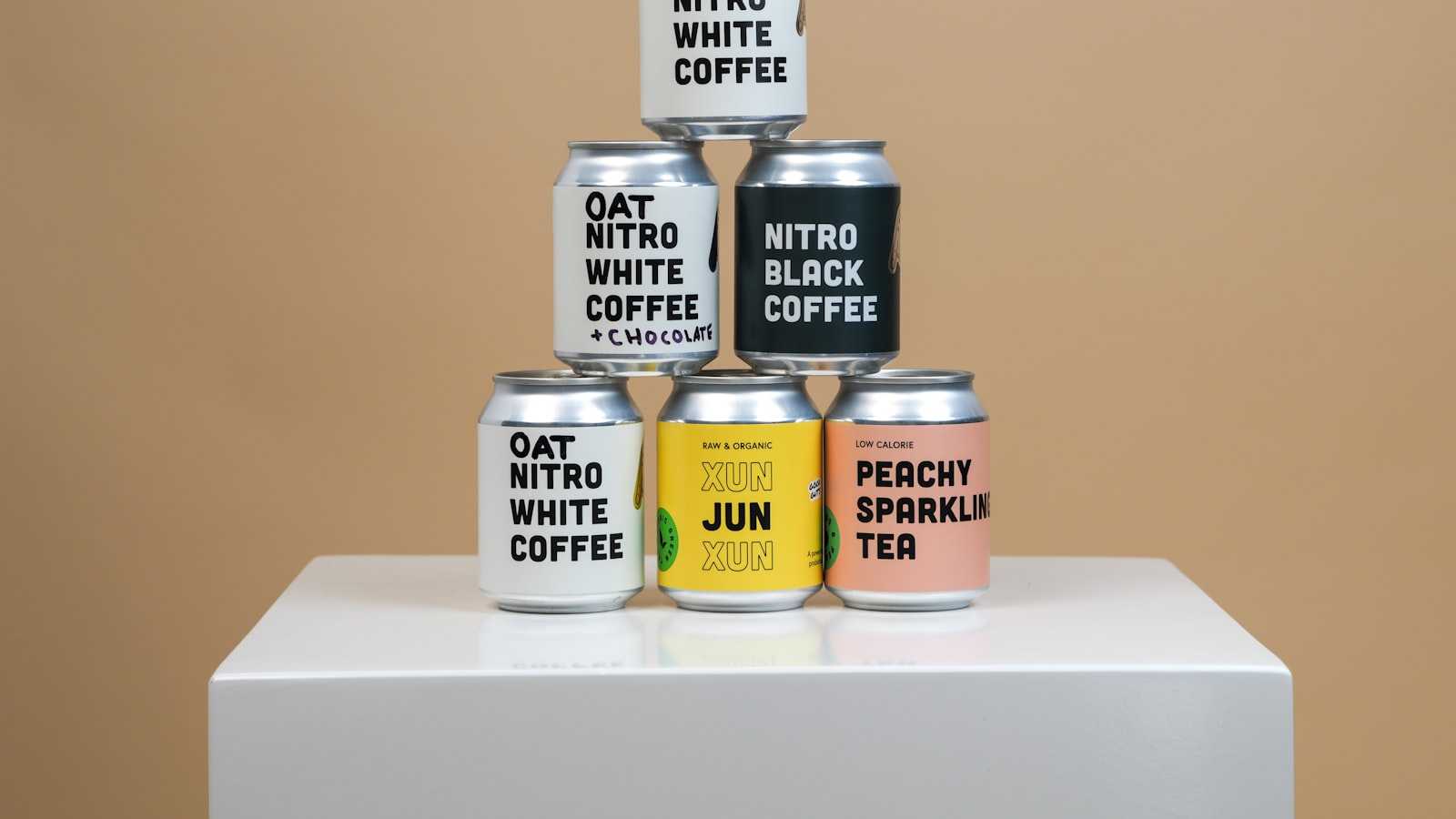
Step into the intriguing world of kombucha tea, a beverage with an ancient history and modern appeal. Journey back through time to uncover the mysterious origins of this effervescent elixir, bubbling with probiotic goodness. Discover the fascinating tale of how a simple blend of tea, sugar, and a symbiotic culture of bacteria and yeast transformed into a beloved drink celebrated for its tangy flavor and potential health benefits. Join us as we delve into the roots of kombucha tea, exploring its emergence from the depths of tradition to the height of trendy wellness culture.
Table of Contents
- The Roots of Kombucha Tea: Exploring Its Ancient Origins
- Unveiling the Fermentation Process: How Kombucha Tea is Made
- Understanding the Health Benefits of Kombucha Tea
- Pro Tips for Brewing Your Own Delicious Kombucha at Home
- Q&A
- Key Takeaways
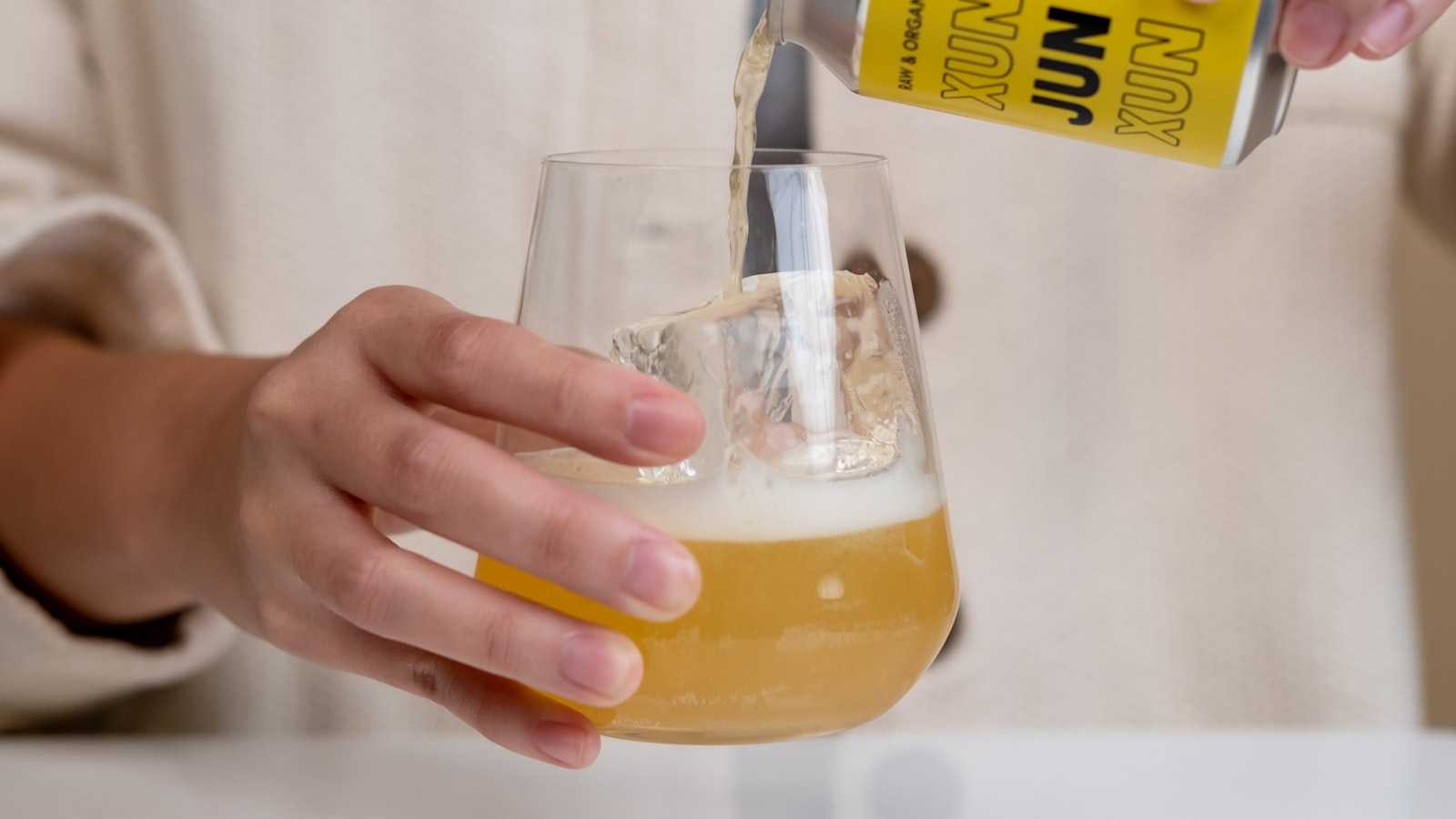
The Roots of Kombucha Tea: Exploring Its Ancient Origins
In the ancient tapestry of fermented beverages, kombucha tea stands out as a storied elixir that traces its lineage back to centuries past. Legend has it that this effervescent drink originated in Northeast China during the third century B.C., where it was revered for its purported health benefits and refreshing taste. Crafted from a symbiotic culture of bacteria and yeast (SCOBY) fermenting sweetened tea, kombucha was believed to bestow vitality and balance to those who imbibed it.As time wove its threads across continents, kombucha’s popularity spread to Russia, then Europe, and eventually found its way into modern health-conscious circles worldwide. Each culture it encountered enriched its legacy, infusing new flavors and traditions into the brew. Today, kombucha is celebrated not just for its tangy zing and fizzy allure but also as a versatile probiotic powerhouse, offering a myriad of potential wellness perks. Embraced by wellness enthusiasts and adventurous palates alike, kombucha continues to evolve, bridging ancient wisdom with contemporary tastes in each bubbling sip.
| Ancient Origins of Kombucha Tea |
|---|
| Origin: Northeast China, 3rd century B.C. |
| Ingredients: SCOBY, sweetened tea |
| Health Benefits: Vitality, balance, probiotics |
Unveiling the Fermentation Process: How Kombucha Tea is Made
The magic of Kombucha tea lies in the fascinating journey of fermentation. As the sweetened tea transforms with the help of a SCOBY (Symbiotic Culture Of Bacteria and Yeast), a mesmerizing alchemy takes place. **The process unfolds like a silent dance between microbes, creating a tangy, effervescent elixir that captivates taste buds and nourishes the body.**During fermentation, the SCOBY delicately balances the sweetness of the tea with a touch of acidity, creating a harmonious blend of flavors. As time passes, the tea develops layers of complexity, evolving into a refreshing beverage that not only delights the senses but also offers a myriad of health benefits. In the world of Kombucha, patience is indeed a virtue, yielding a drink that embodies the wisdom of ancient brewing traditions with a modern twist.
| Key Ingredients | Transformation |
|---|---|
| Organic Tea | From sweet to tangy |
| Sugar | Converted to beneficial acids |
| SCOBY | Catalyst for fermentation |
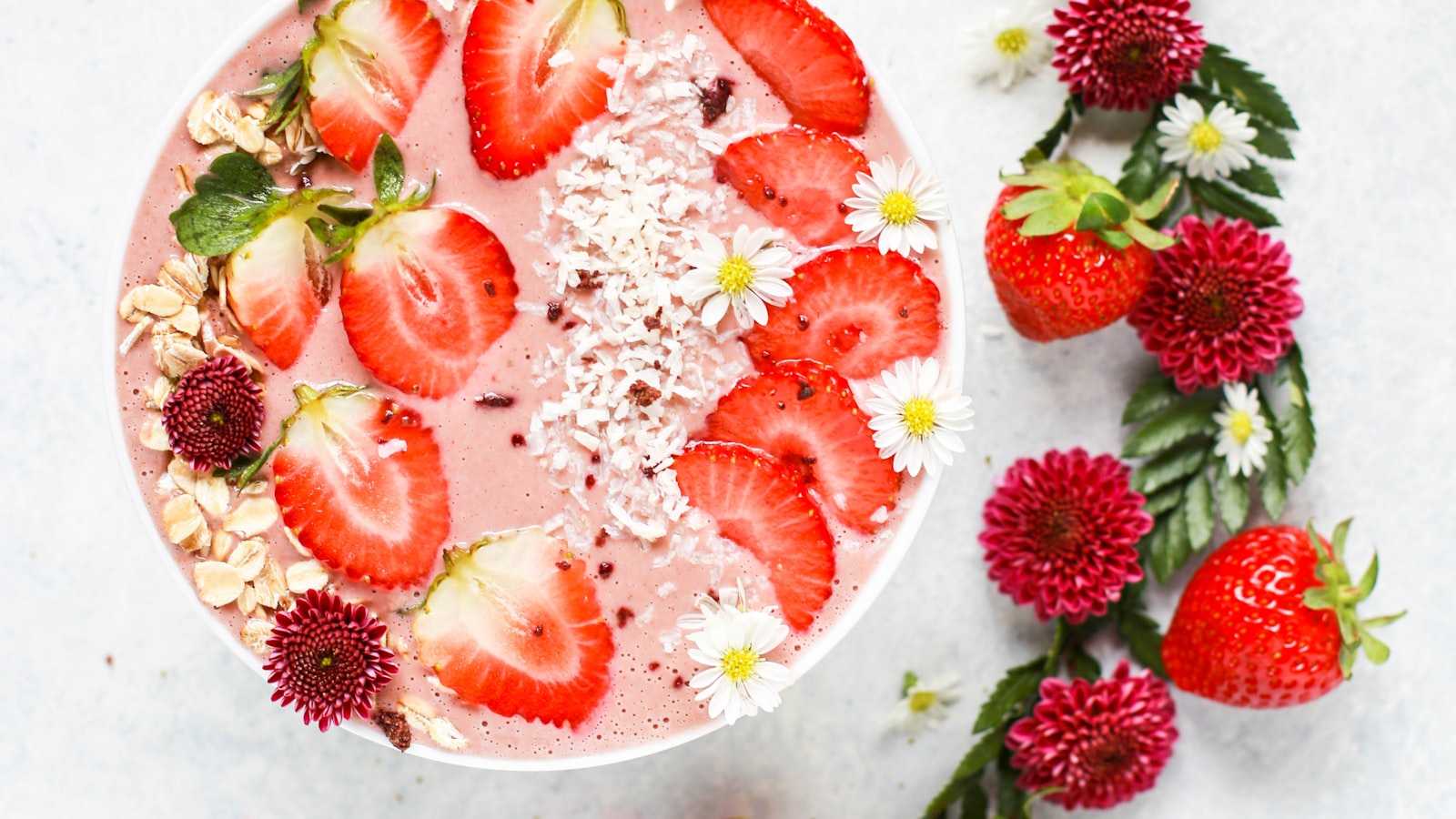
Understanding the Health Benefits of Kombucha Tea
Kombucha tea, a fermented drink that has been around for centuries, offers a plethora of health benefits that can boost overall well-being. One of the key advantages of consuming kombucha is its rich probiotic content, which promotes a healthy gut microbiome. This can lead to improved digestion, better nutrient absorption, and enhanced immune function.Moreover, kombucha is a great source of antioxidants, such as polyphenols, that help fight oxidative stress in the body. These antioxidants can reduce inflammation, protect cells from damage, and contribute to a strengthened immune system. Including kombucha tea in your daily routine can be a delicious way to support your health from the inside out, offering a refreshing and beneficial alternative to sugary beverages. Give your body the gift of kombucha and experience the revitalizing effects it can provide!
Pro Tips for Brewing Your Own Delicious Kombucha at Home
In the world of fermented beverages, kombucha stands out as a tangy and fizzy elixir with ancient roots. This probiotic powerhouse has been enjoyed for centuries, believed to have originated in Northeast China during the Tsin Dynasty in 221 BC. As legend has it, the first batch was brewed accidentally when a small amount of sweetened tea was left to ferment, resulting in what we now know as kombucha.When it comes to crafting your own delightful kombucha brews at home, a few expert tips can elevate your fermentation game. Here are some pro pointers to enhance your kombucha-making experience:
- Quality Ingredients: Starting with organic tea and sugar sets the foundation for a successful fermentation process.
- Maintain Cleanliness: Keeping your brewing equipment squeaky clean helps prevent harmful bacteria from infiltrating your brew.
- Monitor Fermentation Time: Taste-testing your kombucha regularly allows you to achieve the perfect balance of sweetness and tanginess.
- Experiment with Flavors: Adding fruits, herbs, or spices during the second fermentation adds exciting flavors to your final product.
For an immersive kombucha brewing experience, consider investing in a reliable fermenting vessel like the one below:
| Product | Glass Kombucha Brewing Jar |
| Capacity | 2 Gallons |
| Material | Lead-Free Glass |
| Features | Stainless Steel Spigot for Easy Dispensing |
Q&A
Q: Where does kombucha tea originate from?A: Kombucha tea, often referred to as the “tea of immortality,” has an intriguing origin story that traces back thousands of years to ancient China. Legend has it that this effervescent elixir was first brewed during the Qin Dynasty, around 221 BC, and was prized for its detoxifying and energizing properties.
Q: How did kombucha tea spread to other parts of the world?
A: Over the centuries, kombucha tea’s popularity spread along the Silk Road, reaching Russia, Europe, and eventually making its way to the Americas. Each culture that encountered this fermented drink added its own twist, incorporating local flavors and techniques into the brewing process.
Q: What makes kombucha tea so special?
A: What sets kombucha tea apart is its unique fermentation process. A symbiotic culture of bacteria and yeast, known as a SCOBY, transforms sweetened tea into a tangy, effervescent beverage packed with probiotics, antioxidants, and organic acids that are believed to support gut health and boost the immune system.
Q: Are there any myths or misconceptions about kombucha tea?
A: One common misconception about kombucha tea is that it is difficult to make at home. In reality, brewing your own batch of kombucha can be a fun and rewarding experience, requiring only a few simple ingredients and a bit of patience.
Q: How has kombucha tea evolved in modern times?
A: In recent years, kombucha tea has experienced a renaissance, with a growing number of enthusiasts experimenting with unique flavor combinations and brewing techniques. Commercial brands have also capitalized on the trend, offering a wide range of ready-to-drink options in various flavors and styles.
Q: What does the future hold for kombucha tea?
A: As interest in holistic health and functional beverages continues to rise, kombucha tea is poised to remain a staple in the wellness industry. With its rich history, vibrant culture, and potential health benefits, kombucha tea is likely to continue captivating taste buds and inspiring creativity for generations to come.


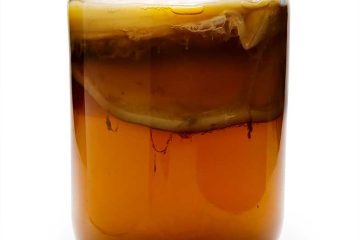
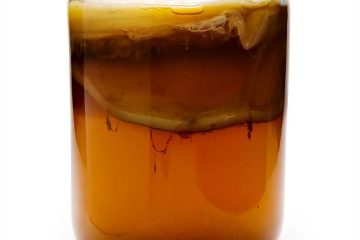
0 Comments